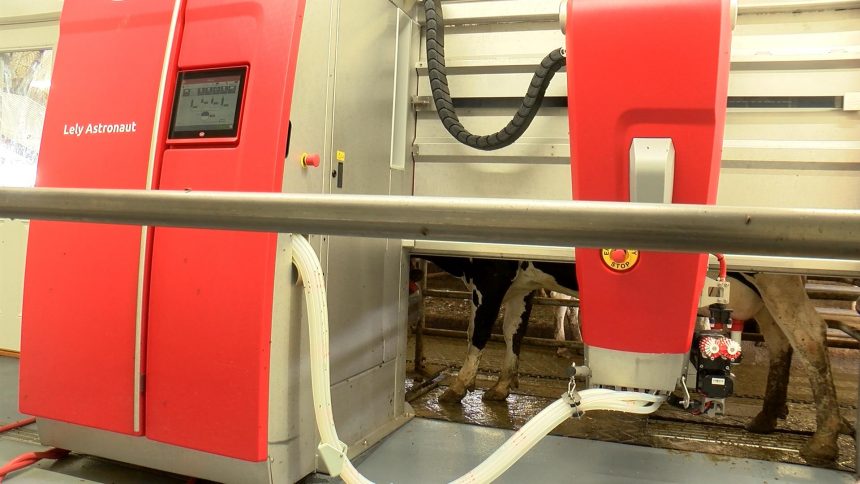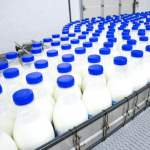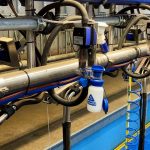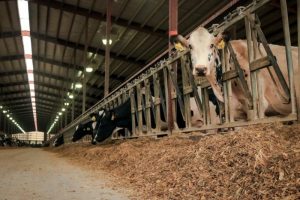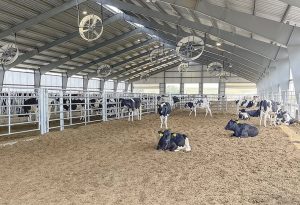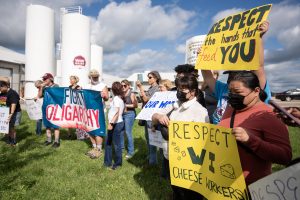
PLATTEVILLE (WKOW) — Lawmakers are moving forward with another year of a long-term effort to help the dairy industry in Wisconsin.
The Dairy Innovation Hub, officially approved by the state Legislature in fall 2019, aims to support farmers through research.
“One of the underlying goals of the Hub is to figure out what those next big daring, bold discoveries are that are going to keep us competitive,” said Dr. Heather White, professor of dairy cattle research and the Hub’s faculty director.
The hope is to avoid farm loss. Right now, there are about 6,800 dairy farms in Wisconsin, but in the past 15 years the state has lost half its dairy herds.
“To help provide tools, no matter farm size, or structure, or management style, to make sure that the farmers have the tools they need and the resources they need to do their job as well as they can,” White said.
UW-Platteville is one of three University of Wisconsin campuses working on new projects as part of the Dairy Innovation Hub, trying to tackle the biggest challenges for farmers.
“It’s really been interesting over this last year and a half, two years, to see how the students are talking about the dairy industry and really wanting to solve problems,” said Dr. Tera Montgomery, a professor at UW-P and the campus liaison for the Hub.
The college’s Pioneer Farm has been able to buy new technologies they couldn’t afford before, to better track cow health, how the animals’ welfare impacts milk quality, and ultimately, the products sent to consumers.
Pioneer Farm launched its new robotic milking system earlier this month, which allows the team to better track how and what the cows are eating impacts their milk.
“When we look at what the farmer wants, we can say okay, here’s what we would recommend that you do to be able to get what the cheese factory wants, or so that you can make sure to save money on the nutrition side, make money on the milk side, and then it’s a win-win for everybody,” Montgomery told 27 News.
It’s also a new opportunity to partner with researchers at other campuses, to work together to address challenges in the industry.
“These three campuses have been in the same state this whole time, but now we have such a defined reason to work together to do something bigger and better than any of us could do by ourselves,” White said.
Long-term, Hub leaders are planning to bring on more faculty researchers to address recommendations from the recent Dairy Task Force.
Right now, the state is contributing nearly $8 million for the Dairy Innovation Hub as it works to support the more than $45 billion industry. Its four focus areas include land and water resources, human health and nutrition, animal health and welfare, and growing farm businesses.
